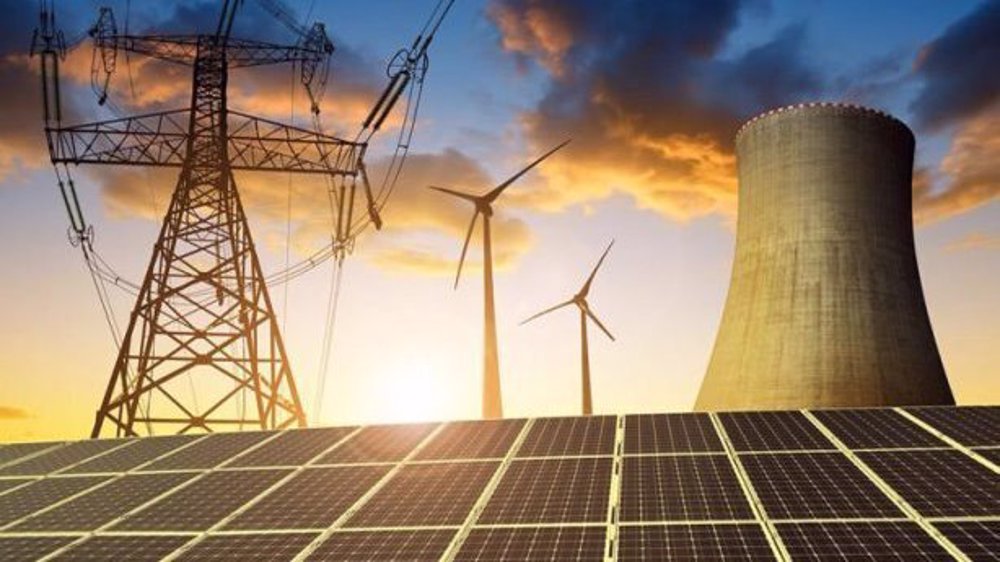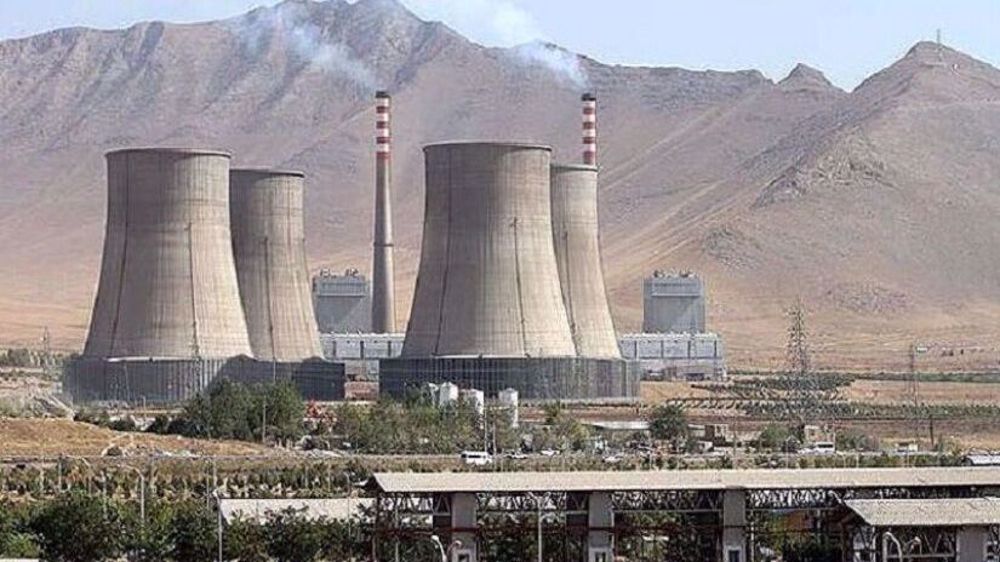Gazprom hails Iran’s new format of oil deals
Russia’s energy giant Gazprom says Iran’s new format of oil sector contracts has provided a new vision of the country’s energy investment prospects.
Gazprom Deputy Chairman Alexander Medvede told Iranian gas officials in Tehran that Russia and Iran have numerous commonalities that can be used for expansion of mutual energy ties, specifically in the natural gas industry, by relying on the new Iranian oil sector deals – called Iran Petroleum Contract (IPC).
Those commonalities, Medvede emphasized, include a strong political will to develop relations in all areas as well as significant natural gas resources.
The IPC – that was unveiled to investors in Tehran in November – has replaced buyback deals which required the host government to pay the contractor an agreed price for all volumes of hydrocarbons it produced.
Under the IPC, different stages of exploration, development and production will be offered to contractors as an integrated package, with the emphasis laid on enhanced and improved recovery.
Medvede told Hamid-Reza Araqi, the managing director of the National Iranian Gas Company (NIGC), that Gazprom has valuable experiences in the gas industry that can be shared with Iran.
Elsewhere in his remarks, he emphasized that the Russian major firm is eager to turn the basic agreements that it has signed with Iran into memoranda of understanding (MoUs) as early as the next year.
Araqi, for his part, emphasized that Iran and Russia have vast opportunities to cooperate with each other in the area of natural gas industry.
The two sides, he said, can specifically cooperate over the establishment of pipeline networks, the storage of natural gas, the building of pressure boosting stations, and the construction of treatment plants.
Araqi further emphasized that the development of the infrastructure for using compressed natural gas (CNG) in Iran is also a crucial area over which the country can use Gazprom’s help.
Medvede is leading a 25-member delegation that visited Tehran this week for talks over a range of issues including the formation of several technical committees over cooperating in different aspects of the gas industry.
‘Ghost town’: 70% of Jabalia buildings destroyed by Israel
Mother’s Day: Sareh Javanmardi’s inspiring journey as Paralympic champion and mother
Russia downs over 40 Ukrainian drones as Putin vows 'destruction' on Kiev
VIDEO | Yemen: A bone in Israeli neck
D-8’s role in Iran’s economy after Cairo summit
China slams US as ‘war-addicted’ threat to global security
China ‘firmly opposes’ US military aid to Taiwan
VIDEO | Press TV's News Headlines










 This makes it easy to access the Press TV website
This makes it easy to access the Press TV website